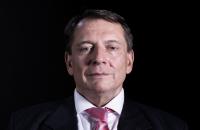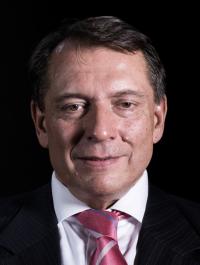There was no sense in me rebelling during Socialsm

Download image
Jiří Paroubek was born on 21 August 1952 in Olomouc. He graduated from the University of Economics in Prague. In 1970 he joined the Czechoslovak Socialist Party. Already as a young man he took an interest in politics, and because he disagreed with the Communist ideology, the Socialists seemed like a suitable alternative. At the time, he had no idea that the party was controlled and overseen by the Communists. He worked as an economist at Restaurants & Canteens; eight years later he switched to a similar position at Prefa. In the mid-1980s he left the Czechoslovak Socialist Part because he was disillusioned by the way things were done there. He never joined the Communist Party of Czechoslovakia, but he never openly opposed the regime. He claims that he stopped believing it would ever fall. He was convinced there was no point in rebelling against it. After the 1989 revolution he joined the Czech Socialist-Democratic Party and started a political career. In the years 2006 to 2013 he was a member of the Czech Parliament; in the years 2005 and 2006 he served as the country’s prime minister. In 2011 to 2014 he was active as a politician for Lev 21 (Lion 21) - National Socialists, which he established. The party was unsuccessful at the general elections.

